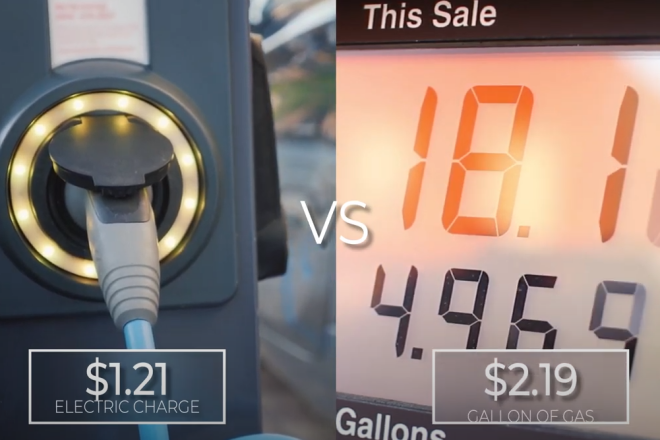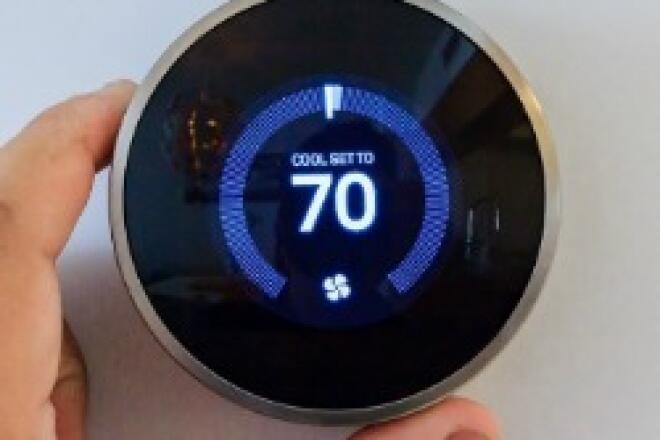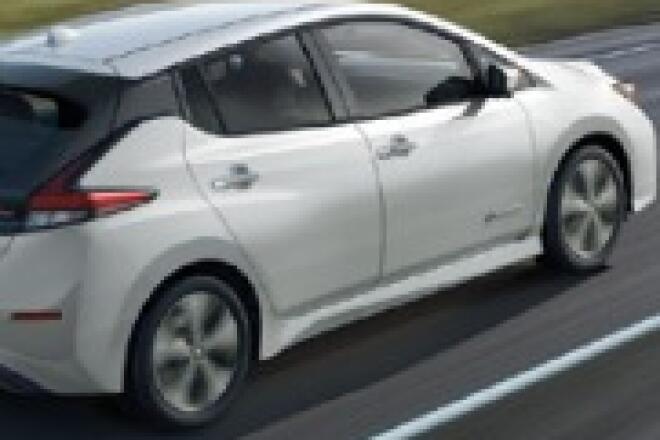
4 Ways Electric Vehicles Are Changing in 2022
Every day, more and more electric vehicles (EVs) are appearing on American roads. Despite the continued impact of the COVID-19 pandemic, EV sales in the U.S. still managed to increase by 83 percent in 2021.
But, in addition to a greater volume in EV sales, the EV market as a whole has advanced considerably in recent years, and today, it’s arguably more convenient to be an EV owner than ever before.
Let’s look at four key areas where the EV market is changing:
1. New trucks and SUVs are becoming available.
It’s no surprise that Americans love their trucks and SUVs. In fact, the Ford F-150 has been America’s best-selling car in most recent years. But did you know that there’s an electric F-150 on the way? And that Ford had to stop taking orders due to high demand?
Ford is far from the only automakers that’s debuting an electric truck or SUV. Many of these models were delayed due to the pandemic, but now, Chevrolet, GMC, Dodge and Tesla all have electric trucks that will be available to purchase in the next year or two. On the SUV front, there are even more options, with Kia, Volvo, Audi, Nissan and others producing models at varying price points.
2. EV batteries may soon power homes and more.
What if your electric vehicle could power your home through an extended power outage? Or if you could lower your power bill by sending power back to the grid during times of peak demand? The potential for EVs to serve as a power source for customers – often called “vehicle-to-grid” – has been touted as a possible benefit for EV owners for years, but it now seems like there’s some serious momentum in this area.
One California power company recently announced pilot programs with both General Motors and BMW to test vehicle-to-grid technology. While there are still some hurdles to overcome before this capability becomes mainstream, the potential is there for EV owners to have several days’ worth of power in case of an extended outage – and also to help create a cleaner, more efficient power grid during normal operations.
3. Battery capacities are continuing to grow with each year.
About a decade ago, when modern EVs were just emerging, battery ranges were fairly limited. A 2013 Nissan Leaf, for example, could travel just 75 miles on a full charge. While the average American only drives around 30 miles each day, it’s understandable that consumers would be concerned with this limited range.
However, today, it’s a completely new picture. Luxury models like the 2022 Lucid Air Dream Edition Range and 2022 Tesla Model S Long Range boast ranges of 520 and 405 miles, respectively, while more affordable models from Kia and Hyundai can get you into the 300-mile club. As battery technologies continue to improve, ranges should still continue to grow in the coming years.
4. Charging stations are being installed across the country.
Only a few short years ago, it was relatively uncommon to see an EV charging station. In fact, back in 2011, there will only 2,100 charging stations with about 5,000 charging ports in the U.S. Fast forward 10 years, and there were over 50,000 stations with about 130,000 ports in 2021.
However, this is just the start of a massive build out of EV infrastructure. The Biden administration has a goal of installing 500,000 EV charging stations by 2030, and EV charging companies, automakers, cities and states have their own plans for developing charging stations. In addition, a group of more than 50 power companies announced they’re creating an EV fast-charging network by the end of 2023.
From new models to new capabilities, it’s an exciting time to follow the EV market. If you’ve considered an EV in the past but haven’t yet made the switch, it may be a good time to look again and see if any of the options out there today suit your day-to-day life.



